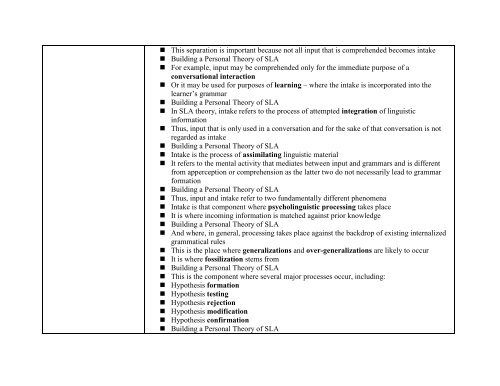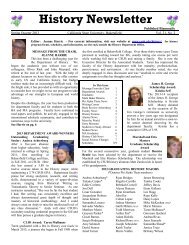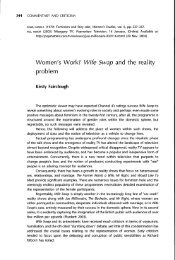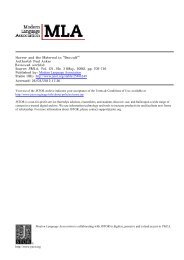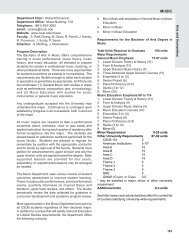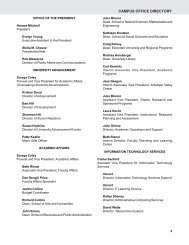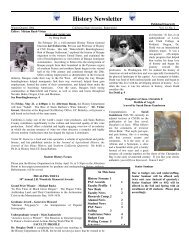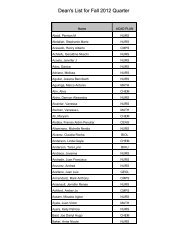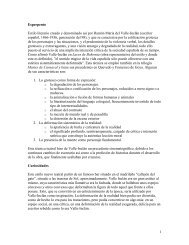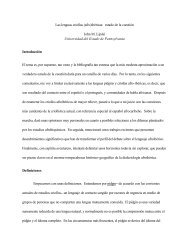English 418 Second Language Acquisition Session Twenty Four ...
English 418 Second Language Acquisition Session Twenty Four ...
English 418 Second Language Acquisition Session Twenty Four ...
You also want an ePaper? Increase the reach of your titles
YUMPU automatically turns print PDFs into web optimized ePapers that Google loves.
• This separation is important because not all input that is comprehended becomes intake<br />
• Building a Personal Theory of SLA<br />
• For example, input may be comprehended only for the immediate purpose of a<br />
conversational interaction<br />
• Or it may be used for purposes of learning – where the intake is incorporated into the<br />
learner’s grammar<br />
• Building a Personal Theory of SLA<br />
• In SLA theory, intake refers to the process of attempted integration of linguistic<br />
information<br />
• Thus, input that is only used in a conversation and for the sake of that conversation is not<br />
regarded as intake<br />
• Building a Personal Theory of SLA<br />
• Intake is the process of assimilating linguistic material<br />
• It refers to the mental activity that mediates between input and grammars and is different<br />
from apperception or comprehension as the latter two do not necessarily lead to grammar<br />
formation<br />
• Building a Personal Theory of SLA<br />
• Thus, input and intake refer to two fundamentally different phenomena<br />
• Intake is that component where psycholinguistic processing takes place<br />
• It is where incoming information is matched against prior knowledge<br />
• Building a Personal Theory of SLA<br />
• And where, in general, processing takes place against the backdrop of existing internalized<br />
grammatical rules<br />
• This is the place where generalizations and over-generalizations are likely to occur<br />
• It is where fossilization stems from<br />
• Building a Personal Theory of SLA<br />
• This is the component where several major processes occur, including:<br />
• Hypothesis formation<br />
• Hypothesis testing<br />
• Hypothesis rejection<br />
• Hypothesis modification<br />
• Hypothesis confirmation<br />
• Building a Personal Theory of SLA


